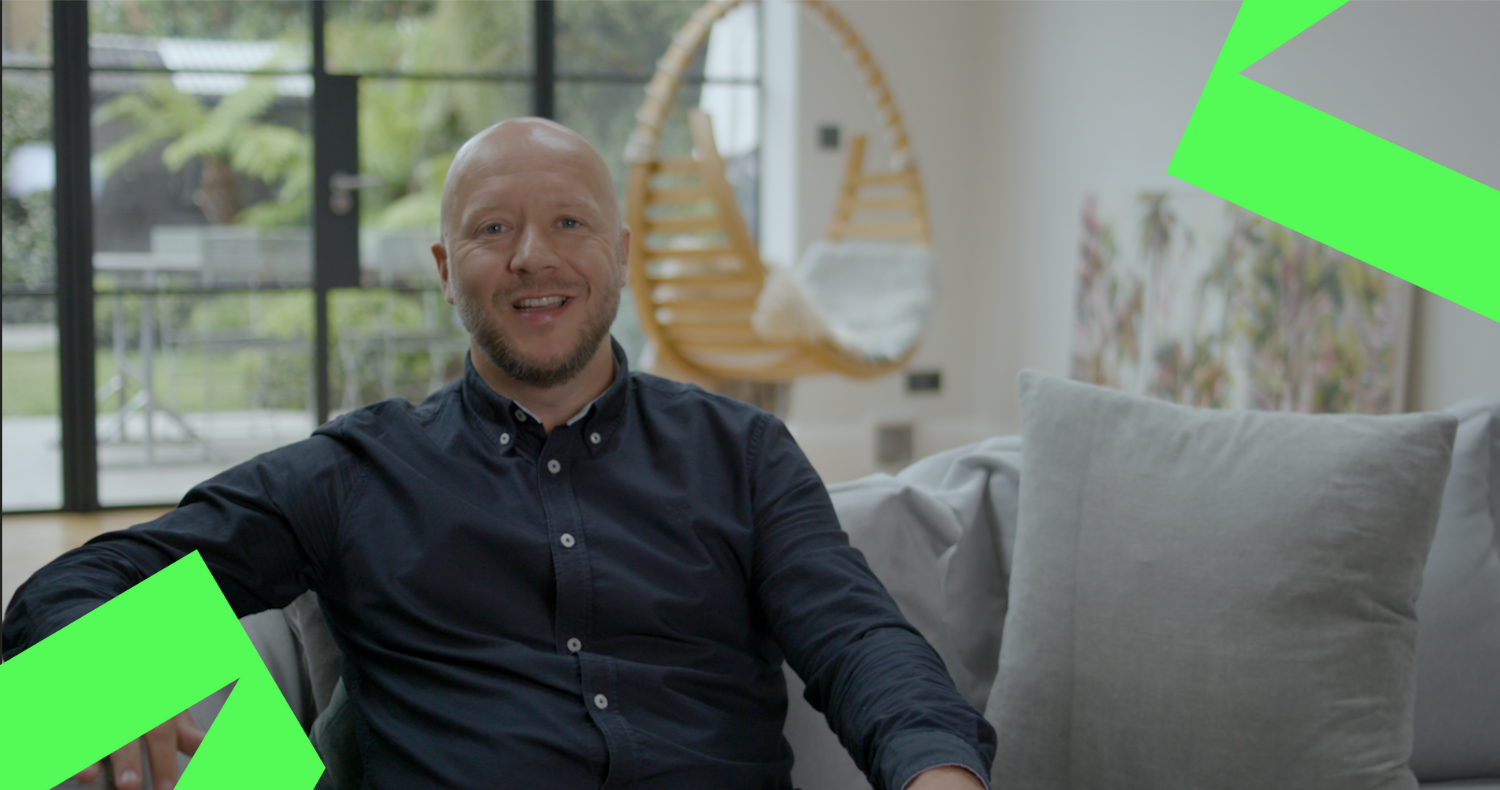
The 4th industrial revolution is in full swing and the stakes have never been higher. Those who don’t disrupt are disrupted. And for many leaders trying to unlock the capabilities of their organisation, the key no longer fits in the lock.
There’s a lot of leaders who would prefer not to hear about it.
After all, they’ve made it this far by knowing the answers, providing the solutions, and emitting an aura of expertise. It’s risky to trade those answers for questions. Particularly when you don’t know what the questions are.
But it’s also necessary.
53% of companies are facing disruption – both 100-strong startups and 10,000-strong corporates. No one gets a free pass. Success is not inevitable. The lines are drawn and the only way to avoid disruption is to become disruptive.
When one room in your house is on fire, it’s not the best time to start building an extension. Left unchecked that fire is going to grow.
In almost every market, the heat is on. But many leaders aren’t noticing the urgency in the air. Corporates are augmenting their businesses instead of reinventing them. Startups are turning a blind eye to the gaps in their leadership.
When we were creating The Disruptive Leadership Report, we took a deep dive into the situation, interviewing 40 C-Suite leaders across the globe, surveying 120, and combining the findings with insights from 150 CEO interviews we’ve conducted over the last two years.
A common theme emerged: many leaders have a tried-and-tested playbook for how the world works and, as a result, they’re not seeing the world as it really is.
To go against this grain we need to practice ‘beginner’s mind’; to put aside all we think we know about what we know.
As published in our report, the leaders of companies with an effective response to disruption were 50% more likely to question the status quo. That’s no accident. It’s only when nothing is off the table that we begin asking the questions we need to ask.
Cognitive diversity is a non-negotiable here. We need to understand that insight can come from anywhere. If the only leaders probing the past are the ones who built the old systems, crucial questions are going to go unvoiced.
Confidence no longer looks like owning the answers. It looks like being willing to let them go.
When we’re at ease with ambiguity again, we’ll better interrogate our processes, learn more from those around us, and we’ll pay a deeper kind of attention to both our customers and the world.
It’s easy to lose sight of what lies beyond your personal horizon. When you’re dealing with the pressures of the new quarter, or the next set of numbers you need to hit, most people keep their heads down so they can push through.
But this ‘hitting the numbers in front of you’ approach comes at a cost.
In our interviews with leaders, we found that disrupted organisations tend to look inward, focused on their own business agenda and business problems.
As Konstantin Eckes, CEO of Lindt UK & Ireland, put it to us, they’re “not responding fast enough to consumer changes” and losing out to companies who “respond more quickly and serve the emerging needs [of consumers].”
When you’re not relentlessly scanning your environment for ideas, inspiration and diverse perspectives, your organisation will be slow to respond. It’s the difference between getting bowled over by an incoming wave and seeing it early enough to ride it.
There’s little point in meeting targets today if you’ll be dead in the water tomorrow.
Disruptive leaders are more curious about what lies beyond their organisation. They’re deeply connected to both their consumers and what resonates with them – and it pays off.
Debbie Botwick, Senior Director of Pfizer, told us that in recent years they’ve shifted their approach.
Now they place the patient at the centre of their decision making. While this has been a mantra in the NHS for many years, Pfizer distinguished themselves in their actions.
Botwick says this process involved “doing the real deep work to understand the patient’s lives, their hardships, the impact of the disease, their preferences and making the patient journey the basis of every decision we make.”
Pfizer even switched their primary success metric. They’re no longer looking first to the profits they make. They’re looking at the number of patients they help.
So leaders need to look outward, not inward. To go broad, not narrow. To focus on the human problem, not the business one. As Alex Long, the MD of McClaren Motors told us, “Leaders are often fighting the wrong fight.”
Of the organisations who took part in our report, only 16% said their leaders were highly competent in systems thinking, which looks at how elements of a business work together as an ecosystem rather than individual parts. In fact, set against other leadership capabilities, systems thinking was ranked the lowest across the board.
Inevitably, this means companies are burning through resources in an attempt to solve the wrong problem. And soon there won’t be any fuel left. When all’s said and done, we have less than 10 years till the first tipping point between environmental catastrophe or recovery.
For corporates, imitating startup culture, design philosophy and experimentation is all fine and good. But it does not displace the thinking that led to a broken system.
On the flip side, startups aren’t going to create a sustainable, robust company if they are overly focused on their technical edge. Not when there’s every chance their culture – supported by newly-recruited, first-time managers – won’t hold together at scale.
We can’t assume our plans will succeed. To see the cracks, we need to deconstruct complex problems and uncover the systemic issues. As we break out of habitual ways of thinking, we can step back to see the bigger picture.
It’s only then that leaders see connections between unlikely sources and the solutions they hold. As Paul Clarke, the CTO of Ocado said to us, “Innovation for me is like playing a game of extreme nonlinear snakes and ladders. It’s about stealing ideas from those unlikely places and applying them to your problem domain.”
T-minus was forged in the fires of startups and some of the most successful companies in the world. But we also know that the shifts we saw yesterday are not going to be the shifts we see tomorrow.
In this changing world, the only constant is disruption. To be ready for it, download our Disruptive Leadership Report, a playbook for leaders of the 4th industrial revolution.


































